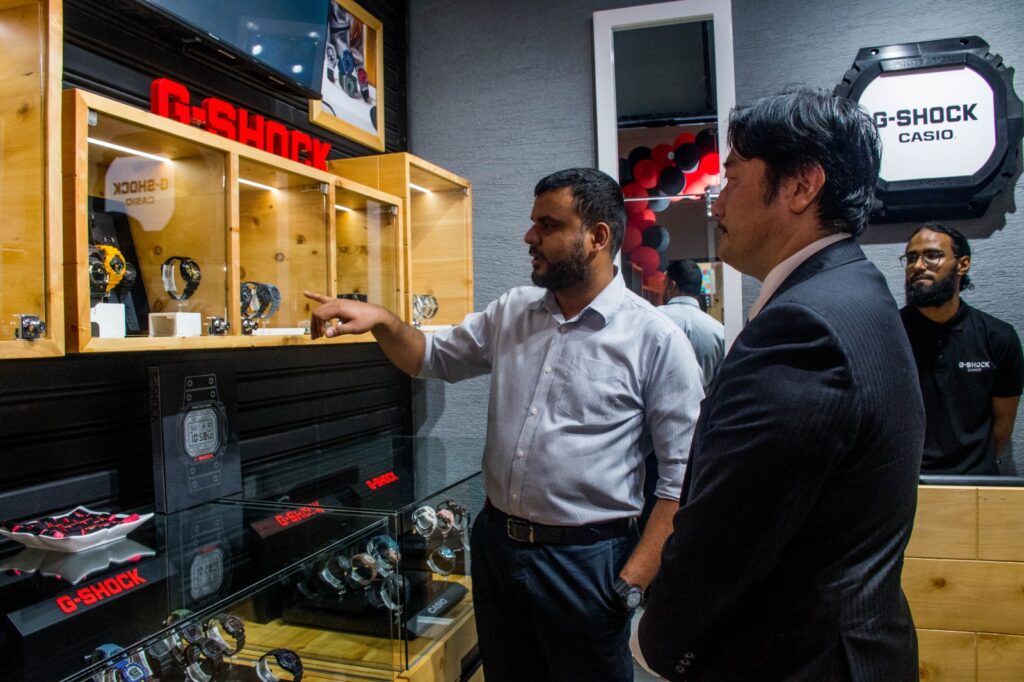
Artificial intelligence promises to transform every aspect of business operations, yet a lot of companies lack clarity on how to get from pilot to full production and value realisation. Enterprise AI is the combination of artificial intelligence—the ability for a machine to learn, understand, and interact in a very human way.
In today’s digital landscape they struggle with islands of data spread across various systems, leading many workers to not trust the data used to train AI systems and experience difficulty to get what they want out of them.
According to Salesforce research, only 28% of applications are connected, and over 80% of business leaders struggle with data fragmentation and data silos.
While three-quarters of workers surveyed in the recent “Your Data, Your AI” survey from Salesforce believe accurate, complete, and secure data is critical to building trust in AI, more than half do not trust the data used to train AI systems today.
Enterprise AI
And nearly 60% of AI users worldwide find it difficult to get what they want out of AI, the report found.
The future of enterprise AI isn’t about more data – it’s about the right data. When AI is grounded in a company’s own data, it delivers more useful results and ultimately drives greater trust and adoption.
Only by consolidating their data will companies be able to fully understand the complete customer journey. A trusted data foundation and integrating AI into workflows across the enterprise are key ingredients needed for AI success.
Deploying these together, companies can unlock enterprise deployments at scale and drive measurable outcomes from AI automation, personalisation, and performance optimisation, including higher sales productivity, faster customer service resolutions, higher-conversion marketing campaigns.
Building a trusted data foundation
For AI to live up to the hype, large language models (LLMs) must be grounded in trusted enterprise data. However, with data trapped in disconnected silos, wholesale digital transformation and value realisation remains elusive.
Prospects are worse when the data being used to ground AI models is incomplete, incorrect, or irrelevant — leading to inconsistent, incorrect results.
Unlocking the power of trapped data enables better analysis, decision-making, and AI automation, grounding customer and business data and metadata — a common language that integrates all applications — in ways that deliver trusted, outcome-oriented results without expensive model training.
Take, for example, real-time data that a prospective customer has just visited a company’s website. Previously, sales reps would have had no way of knowing this without manually pulling data into a custom report.
Real-time data brings actionable insights, allowing for immediate customer engagement, resulting in higher conversion rates, revenue growth, and customer satisfaction.
Read Also: AI in Customer Service: Transforming Workflows Customer Experiences
Trust is a key component of successful enterprise AI deployments. By unifying and cleansing their data, companies can ensure that AI models operate on the most accurate information.
At Salesforce, we have engineered trust into every Salesforce application through our Einstein Trust Layer, a core part of the Einstein 1 Platform.
The Einstein Trust Layer includes data masking to ensure data privacy protection, a zero-retention architecture to ensure data is never learned by AI models or stored outside Salesforce, an LLM audit trail, and keeps humans at the helm of every AI interaction.
We have also built-in a feedback loop that continuously improves model accuracy and relevance, and this feedback data is automatically logged in Data Cloud.
Integrating AI into the flow of work
The need to deliver AI in the flow of where companies’ sales, service, marketing, commerce, developer, and other employees work explains why they’re leaning into conversational assistants, for their employees to interact with any data or workflow across their enterprise.
With specific customer data, employees can generate useful responses which are automatically grounded in all of their organisation’s trusted data and metadata.
From generating customer campaigns, to answering service questions, everything is personalised, based on consolidated data – all securely within the confines of their company’s data and business processes.
The powerful combination of data and CRM makes these personalised customer experiences possible. For today’s consumer, milliseconds matter. T
he cost of not keeping up with them could be lost sales opportunities, poor social media reviews, or a disconnect in healthcare delivery.
While generative AI is still in its early stages for most companies, the potential for true enterprise transformation is immense.
Those that can put in a foundation of data and trust, and offer AI in the flow of where their employees work, will be able to shift from pilot to production and realise tremendous value, employee satisfaction, customer loyalty, and business growth.


